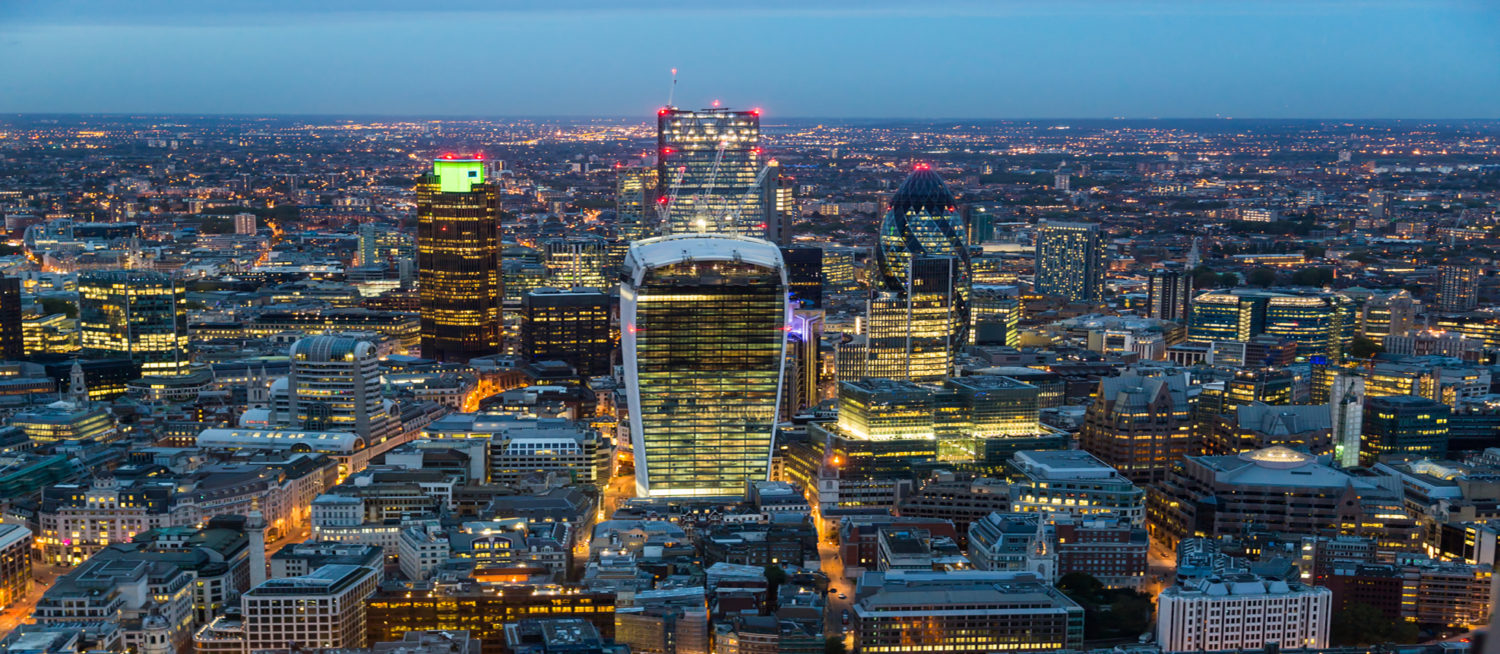The economic alternative
A decade has been wasted since the banking crisis, but economic change may finally be coming explain Miatta Fahnbulleh and Alfie Stirling.
Ten years ago this month we watched as Lehman brothers went under and the economy as we knew it teetered on the brink of collapse. The ensuing crisis exposed the weakness of the economic system and the limitations of the neoliberal model that underpins it. For many of us it was a wakeup call – a sign that a major shift in our economy was necessary.
A growing movement of people began calling for change – from Occupy, which protested on the steps of St Paul’s in London, to the Post-Crash Economics Society at Manchester University which demanded that economics be taught differently, to UK Uncut which protested against cuts to public services that penalised millions of people for a crash they did not cause. This movement chimed with a wider public sentiment that was unhappy with how the crash had come about and the way in which ‘ordinary’ people were paying the price for mistakes that just weren’t theirs.
But rather than catalyse the change that was needed, public policy shored up an economic system that was failing. Bank bailouts, quantitative easing and then austerity all ensured that big global firms were largely protected in the aftermath, while those on low incomes paid the price. A decade on and the repercussions of this failure to act have begun to bite. For the first time on modern record, ‘economic growth’ has stopped delivering a pay rise for most people. As a consequence, the present decade of wage stagnation is forecast to continue until deep into the 2020s, making this the longest period of earnings stagnation for over 150 years. Wealth continues to be concentrated at the top, with the richest 10 per cent now owning 45 per cent of the country’s wealth while the poorest half of households own just 9 per cent. A typical chief executive now earns 120 times the average wage, and recent data from the CIPD showed their wages rose on average by 11 per cent in the last year, vastly outstripping the wages of most workers. We have also seen an almost 30 per cent rise in insecure, often low paid, work over the last five years.
At the very time when people most needed protection from an economy that wasn’t working for them, the traditional sources of support have been cut to the bone. And this austerity continues to come. In April this year, a further £2.5bn was cut from the social security system, the second largest annual cut since the financial crisis.
If the economic trends of the last decade continue into the next, the breakdown of the current economic system may become inevitable – particularly when combined with an environmental crisis that is in part of its making. We are now consuming the earth’s resources at 1.5 times its ability to regenerate them. Water shortages, the erosion of arable land and the loss of biodiversity are all set to impact on our day to day lives. We are increasingly subjected to extreme weather conditions with the environmental audit committee warning of 7,000 heat-related deaths every year in the UK by 2050 if the government doesn’t act quickly. And efforts to mitigate climate change, such as the Paris agreement, simply cannot compete with a global economic model which fails to distinguish between different directions for growth – namely those which can harm the planet and those which can support it.
It has been a decade in the making, but change may finally be coming. The clearest sign of this impending revolution is that more and more peo-ple continue to express their distaste for the status quo. The public tolerance for a system that does not work for so many is waning. And people are searching for alternatives as distrust in our political and economic institutions grow. Populist parties and movements have emerged to exploit people’s understandable anger at the lack of any sign that governments are capable of making things any better.
That is the challenge facing all political parties at this moment. How can you fix a broken economic model while people fundamentally distrust your ability to do anything about it? The answer to this question is not obvious, but parties must find one if they are to remain relevant and appeal to an electorate which is fast losing any faith in the ability of the political system to make a difference to their lives.
The real danger is that this crisis of distrust consumes all attempts to fix our broken economic model. Gone are the days when a new government can come into power with an economic programme, implement it, and expect people simply to go along with it. Distrust of government and other political and economic institutions is simply too high. The only way to build a new and better model to replace the one which has caused so much social, economic and environmental damage is to do it with people, and not just to them.
That automatically discounts two of the more conventional responses to our economic malaise. The first is simply to try to curb the excesses of our broken model – to redistribute a bit more, to regulate a bit more but otherwise to keep on riding the tiger. That approach has been tried to death, and people won’t buy it any longer. The second is to retreat to the comfort of a centralising model which vests all power in the state to control the economy and our lives. Again, the requisite trust between people and political institutions simply isn’t there.
A vision for a new political economy ought to be based on the things that really matter to people. It should be committed to a thriving and healthy environment, better living standards and less inequality. It should seek to build space for progressive enterprises to thrive, and to curb the practices of business which works against our environmental and economic interests. But perhaps above all, it should be committed to doing things which will genuinely empower people. That means encouraging greater common and co-operative ownership, building a decentralised and active state, and driving powers down to the level of communities where people know best.
The state needs to use its democratic and policy apparatus to help choose and set the direction of the economy. Future structural demand in the economy will increasingly be shaped by the growing health and care demands of an aging population, the need for work that isn’t easily automatable and the imperative for a transformation in industry to avert and mitigate the environmental impact of people. Policy needs to set the economy on a trajectory that can meet these needs. For example, public care provision needs to be significantly expanded and integrated into industrial strategy as part of a plan to create high quality, human-centred, low-carbon jobs.
In doing this, the state also needs to push powers away from markets – and where appropriate away from itself too and towards cooperative forms of ownership, organisation and production. Legal and economic reform in support of alternative ownership will be key but so too are policies that give people more time and a shorter working week. The two combined will empower people to engage in economic activity outside of the state or market, if they choose to do so.
The hardest part will be to pursue a genuinely trans-formative policy programme while always staying rooted in the real lives of the people most affected. But as distrust rages and more and more people abandon hope that politics can change their lives, that is the most important part of all. A new economy will not come about just by pulling levers from Westminster and Whitehall. It will come about by people taking ownership of their future in every community in the country. Then, and only then, can we call time on our broken economic model.


